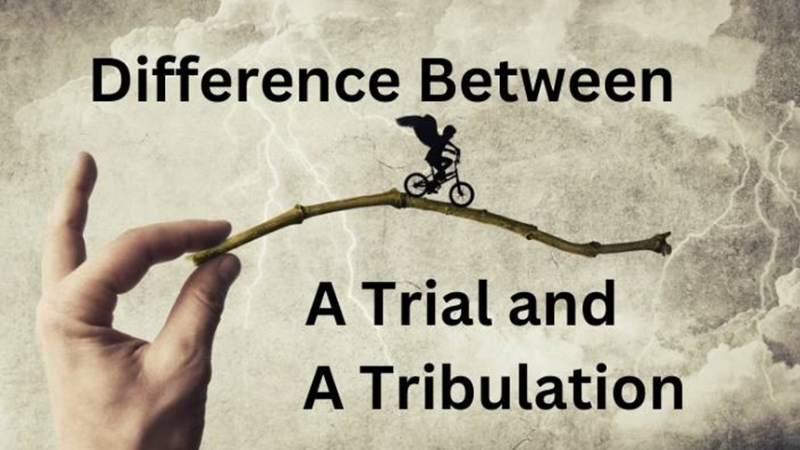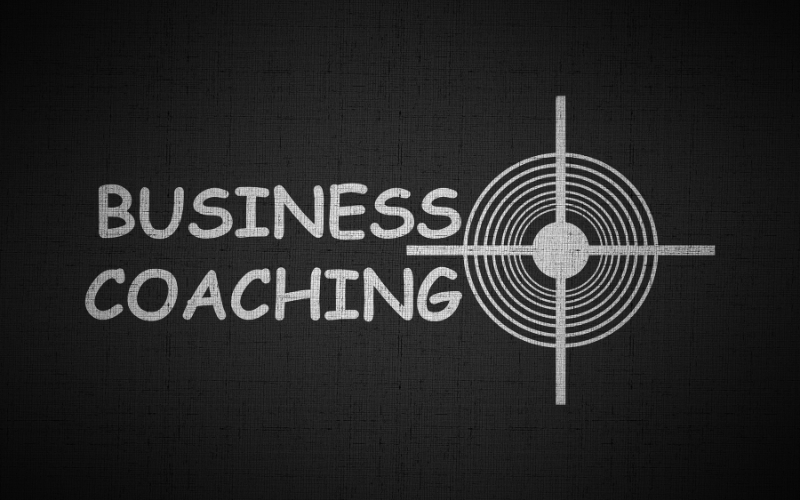Why would it be Critical for You to Hire a Business Coach in 2023?

Before the end of 2023, it is estimated that there will be almost 30 million small businesses in the United States alone. With such a large number of businesses competing for a limited amount of customers, it is more important than ever to stand out from the crowd.
Hiring a business coach is one of the most important things you can do for your business. A business coach can help you define and achieve your business goals, as well as clarify your purpose and identify your target market.
But what else can a business coach do for you? And why would it be critical for you to hire one in 2023?
Business coaching is an integral part of any successful business. Your coach will help you develop strategies for dealing with challenges and achieving your goals. They will also provide you with accountability and support.
If you are serious about taking your business to the next level, then you need to hire a business coach.
1. Why is a business coach important?
2. What can a business coach do for you?
3. How can a business coach help you in the future?
4. What to look for when hiring a business coach?
5. Five benefits of working with a business coach.
6. The different types of business coaching.
7. How to find a business coach?
8. Why you should hire a business coach in 2023?

1. Why is a business coach important?
When starting or growing a business, one of the most important things you can do is to have someone to help guide and support you along the way. A business coach can provide guidance in areas such as marketing, finance, human resources, and other key components of running a successful business. They are also excellent resources when it comes to problem-solving and coming up with effective strategies.
The benefits of having a coach outweigh the cost many times over. Not only will they be able to help you take your business to new heights, but they will also become valued members of your team who can lend their expertise when needed (and who won’t mind taking on additional responsibilities!). Who knows – by working together, you might even be able to save yourself some time and money down the road!
2. What can a business coach do for you?
A business coach can help you achieve your goals and reach your full potential as a business owner. They will work with you to develop a personal strategy that is tailored specifically to your needs and objectives, and they will provide guidance throughout the entire process. A business coach can also assist you in developing marketing plans, creating effective sales strategies, and more.
A coach can help you refine your business vision, set and achieve goals, overcome obstacles, make better decisions, and increase your overall business acumen. A coach can also help you develop as a leader and build a stronger, more effective team. If you’re looking to take your business to the next level, a business coach is a great resource to help you get there.
3. How can a business coach help you in the future?
A business coach can help a business or individual in many ways, including helping to boost morale and motivation, increasing productivity and efficiency, improving communication skills, and more. A business coach can also provide guidance on specific marketing strategies or other tactics that may be helpful for the business.
Many businesses find that hiring a professional coach is instrumental in their success. By working with a qualified expert who understands your business goals, you can take your operations to new heights. Talk to an experienced consultant today about how coaching might benefit your company – you won’t regret it!
4. What to look for when hiring a business coach?
When looking for a business coach, there are a few key things to keep in mind. First and foremost, make sure the person you choose is qualified and experienced. A good coach should have experience working with businesses of all sizes and industry sectors. They should also be able to provide valuable advice and guidance on everything from strategy development to team-building initiatives.
Another important factor to consider is whether or not the coach will be available 24/7. Many coaches charge by the hour, so it’s important to find someone who can accommodate your busy schedule as well as offer timely support when you need it most. And finally, don’t forget about price – don’t settle for anything that feels too expensive or isn’t worth your investment.”
5. Five benefits of working with a business coach:
– a business coach can help you develop and implement a successful marketing strategy that is tailored to your specific needs
– they can provide guidance on how to overcome any obstacles or challenges that you may face in your business ventures and they will work with you every step of the way
– a business coach can assist with developing positive relationships with customers and clients, which will boost sales revenue significantly over time
– they can help identify potential funding sources and make strategic decisions related to growth strategies for your company- all while taking into consideration ethical considerations
– working with a business coach offers significant advantages when it comes to efficiency and productivity in both personal and professional life- making it an essential investment for anyone looking to achieve success in their field
6. The different types of business coaching
There are a number of different types of business coaching, and each has its own benefits. Here are the four most common styles:
- Systematic Strategic Planning Coaching – This type of coaching is designed to help businesses develop a comprehensive strategy that will lead to long-term success. The coach will work with the business owner to identify their goals, assess their current situation, and create a plan that will help them reach their objectives
- Tactical Operational Excellence Coaching – This type of coaching focuses on improving specific areas of operation within a business in order to achieve measurable results. Areas may include marketing strategies, product development processes, or financial management systems
- Technical Solution Focused Coaching – This type of coaching helps businesses solve specific technical problems related to infrastructure or software development frameworks. It can also focus on developing new skills for team members involved in these areas (such as programming)
- Process Improvement Coaching – This style focuses on helping companies improve the way they do things overall by implementing best practices and lessons learned from other successful enterprises. For example, process improvement coaches might help companies standardize how they document decision-making procedures or train employees on how to perform tasks efficiently and effectively
7. How to find a business coach?
Finding a business coach can be a great way to help you improve your skills and grow your business. There are many different types of coaches out there, so it’s important to find the right one for you. Here are some things to keep in mind when searching for a coach:
– look for someone who is qualified and experienced in the area that you want to focus on
– ask around – talk to friends, family, colleagues, or online forums about which businesses they have worked with and what their experience was like
– talk with potential coaches ahead of time – go ahead and send them an email or call them up
8. Why you should hire a business coach in 2023?
There are a number of reasons why you should consider hiring a business coach in 2023 and in the next few years. Here are just a few:
– businesses today face unprecedented challenges, and not everyone has the skills or knowledge to handle them on their own. A business coach can help you navigate through these waters, identify and address problems early on, and create sustainable solutions
– as technology continues to evolve, so too does the way that businesses operate. A business coach can help you stay up to date on new trends and technologies, ensuring that your operations remain competitive as they grow increasingly complex
– increasingly difficult economic conditions will likely lead to increased stress for many people working in traditional corporate jobs. Hiring a business coach can provide support during this time, helping you take care of your personal well-being while still maintaining focus on your work responsibilities
To be concluded, the business world is constantly changing, and if you want to stay ahead of the curve, it’s important to hire a business coach. A business coach can help you identify and address any obstacles in your growth path, and can provide valuable advice for expanding your company into new markets or growing your current ones. They are also great resources when it comes to developing marketing plans and strategies, as well as troubleshooting problems.
Business coaching can help you develop the skills you need to be successful in today’s ever-changing business landscape. A business coach can also provide you with the accountability and support you need to reach your goals. With the help of a business coach, you can take your business to the next level. As the economy continues to improve and more businesses enter the market, hiring a business coach will become even more important. Don’t wait – start planning today!
I Gordon Grigg, a business coach based out of Nashville, Tennessee with years of experience, have helped several businesses improve their business prospects and increase their ROI. If you need guidance or help in your business, contact me or call (615) 630-9114 now and we can talk about how to take your business forward.
Why would it be Critical for You to Hire a Business Coach in 2023? Read More »


















































